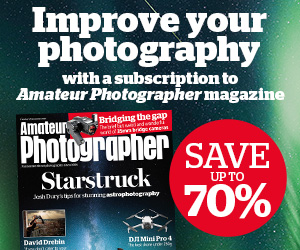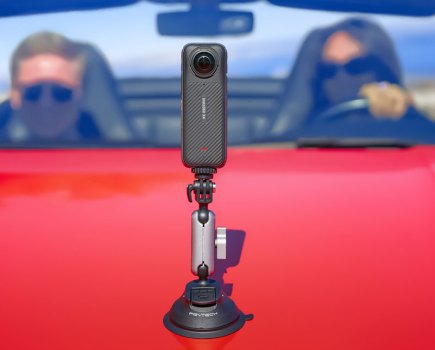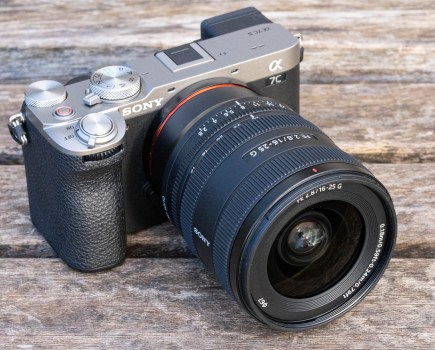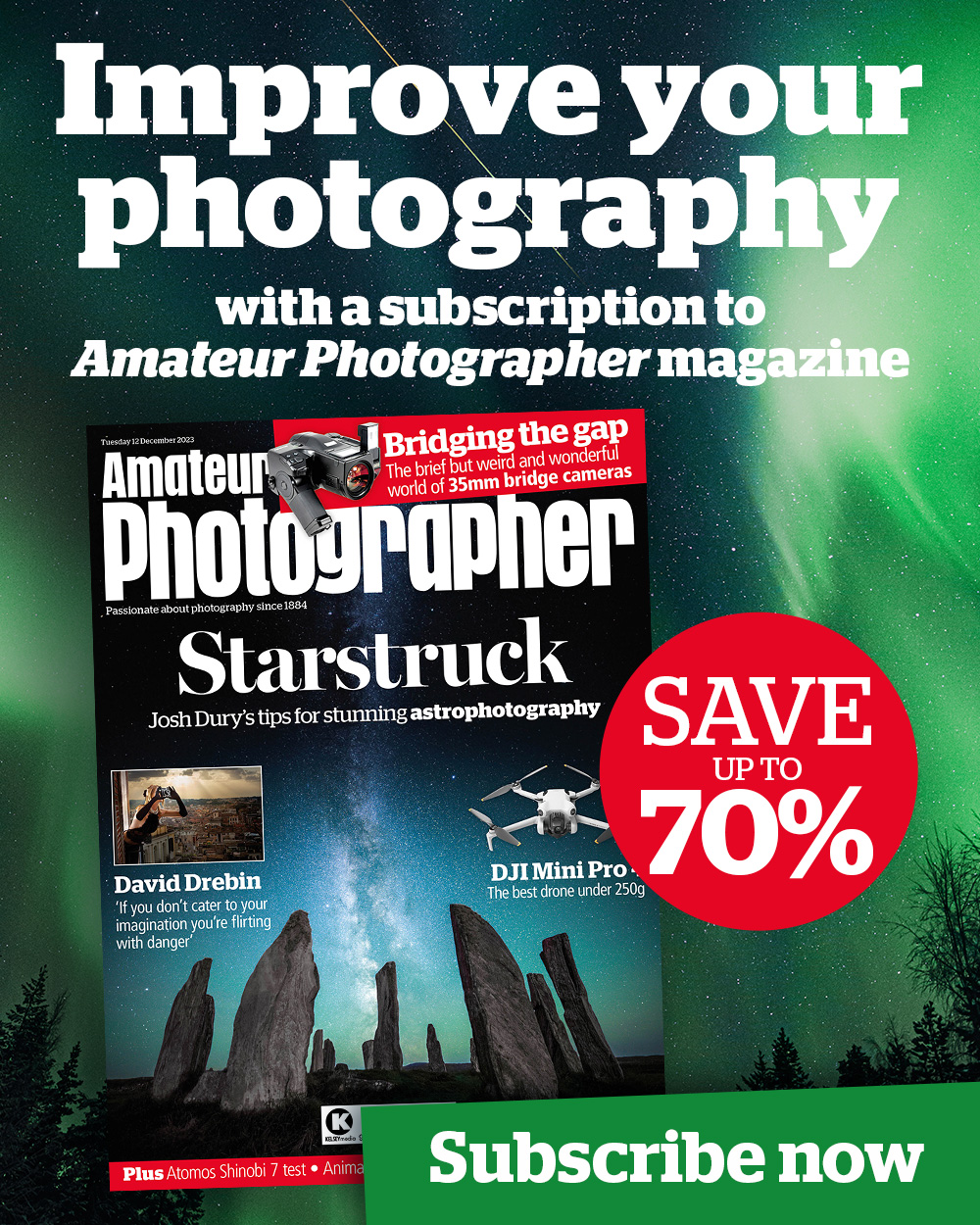Anyone who ?appears to be taking photographs in a covert manner? should expect to be stopped and quizzed, warn police.
The caution came in a statement issued by Humberside Police after they seized films from photography enthusiast Steve Carroll in Hull city centre on 1 December.
As revealed by Amateur Photographer last month, police accused Carroll of obtaining photographs of ?possibly sensitive material?.
Carroll – who had been making his first attempt at ?street photography? – said that the officers objected to him photographing ‘sensitive buildings’, police later adding that members of the public had complained about his use of the camera.
Carroll?s films have since been returned by police.
After considering Carroll?s complaint a Humberside Police spokesperson said: ?Following a thorough investigation into complaints made to Humberside Police it has [been] found the police officers acted in a right and proper manner.
?Any person who appears to be taking photos in a covert manner should expect to be stopped and spoken to by police to enquire into what their business is.
?Humberside Police would expect other officers within the force to act in the same manner if given a similar situation.?
The spokesperson said it would be inappropriate to discuss details of Carroll?s complaint as this is a ?private matter between the complainant and Humberside Police?.
Commenting on the police statement Pete Jenkins, vice-chair of the Photographers Sub Committee at the National Union of Journalists (NUJ), said: ?Taking photographs in a public place in the UK is still not a prohibited act, nor is it any way against the law. We as citizens expect the police to uphold the law, not to make it up as they go along.?
Describing the police?s reason for stopping Carroll as ?nonsense? Jenkins added: ?While I can understand that anyone acting in a covert and underhand manner might excite suspicion in today?s anti-terrorist climate, one does have to put this into context. A camera, digital or otherwise is just that. It is not a weapon of terrorism or an anti-social tool, nor is it the badge/weapon of the paedophile.?
Jenkins ? a fervent campaigner for photographers?s rights who also works as a photographic consultant – questions the police?s reference to ?sensitive material? as the reason for the stop and asserts that taking photos in a public place is a ?fundamental right?.
Speaking shortly after the incident Carroll told us: ‘All the shots were of people. I took shots of people crossing the road, the Big Issue seller, two youths drinking from beer cans, people walking in the street and so on,’ adding that he was making his first attempt at ‘street photography’.
Pictures (below):Three pictures from the seized films, sent to Amateur Photographer magazine by Steve Carroll



Carroll admitted that a few of his shots were taken candidly, adding: ‘I did not take any photographs of children. I took most of the photographs openly, not trying to disguise the fact that I was photographing.’
Carroll who lives in Sittingbourne, Kent had been visiting relatives in Hull at the time of the incident.
He had been inspired to take up street photography after a talk at Maidstone Camera Club, which he has been a member of for 30 years.
He was using a Voigtländer [Bessa] R4A film-based camera with a 21mm lens.
The Amateur Photographer story has this week been followed up by reporters from BBC News. See BBC story here. It also appeared as the top story on last night’s Look North.
A BBC spokesperson told us that its follow-up came after one of its viewers sent Look North editors a cutting of our original article ‘anonymously’.
Picture (below): Photo enthusiast Steve Carroll whose films were seized and subsequently returned by police Photo credit: Tom Rodliffe







